Product pictures
| Amount Per 0.67 cup | |||
| Calories | 130 Kcal (544 kJ) | ||
| Calories from fat | 36 Kcal | ||
| % Daily Value* | |||
| Total Fat | 4g | 6% | |
|---|---|---|---|
| Saturated Fat | 0.5g | 3% | |
| Sodium | 350mg | 15% | |
| Potassium | 55mg | 1% | |
| Total Carbs | 21g | 7% | |
| Sugars | 2g | 8% | |
| Dietary Fiber | 1g | 4% | |
| Vitamin C | 3mg | 5% | |
| Vitamin A | 0.1mg | 4% | |
| Iron | 3.8mg | 21% | |
| Calcium | 40mg | 4% | |
* Percent Daily Values are based on a 2000 calorie diet. Your daily values may be higher or lower depending on your calorie needs.
Find out how many calories should you eat.
Ingredients And Nutrition Overview
Best
choice Good
choice Poor
choice Avoid
it!
choice Good
choice Poor
choice Avoid
it!
-
WeightWatchers Points: 2.7, PointsPlus: 3, SmartPoints: 4
WeightWatchers Points are estimated by carbohydrates, fats, protein and fiber in product. They are not an affirmation of better quality or nutritional value of the product or its manufacturer. Only way to count for dieters. Less points are better.
Read more at Weight watchers diet review -
Salty! Has over 15% of the daily sodium max
The average American consumes 5,000 mg of sodium daily — twice the recommended amount amount of 2400mg for healthy adults, this is 1 teaspoon of salt.
For medical reasons many people should not exceed 1500mg of sodium.
Surprisingly, you're responsible for only 15% of the sodium in your diet the bigger part - 75% of the sodium that you consume each day comes from processed foods, not home cooking or the salt shaker.
Excess sodium intake increases the risk of high blood pressure, hypernatremia, hypertension, cardiovascular disease and other heart problems.
Are these reasons enough to cut the sodium intake? No doubt! -
Convert Salt tsps to Sodium mg easily
Salt (NaCl) is not excactly sodium (Na).
It is not right to use these terms as synonyms.
The FDA recommended limit of sodium is 2,300 mg per day (or even less - about 1500 mg while one is on low sodium diets).
This is much less than the weight of salt.
(5,750 mg per day or 3,750 mg for low sodium diet) and not so convenient to calculate.
Know how much sodium is in your salt - without a calculator:
1/4 tsp salt = 600 mg sodium
1/2 tsp salt = 1200 mg sodium
3/4 tsp salt = 1800 mg sodium
1 tsp salt = 2300 mg sodium -
Great! Contains less than 1.5 tsp of sugar.
Great! Contains less than 1.5 tsp of sugar per serving!
-
Interested in getting more protein?
Protein is important, but some of the protein you find in this product isn't exactly natural.
The protein comes from one of the following sources:
- milk protein concentrate
- whey protein isolate
- soy protein isolate
and that it's not ideal to get protein only from processed goods.
If you're looking for more protein, try beans, quinoa, nuts, seeds, peas and spinach & leafy greens.
Not only do they have protein, they're filled with other vitamins and minerals. -
A very good natural source of Iron
You get real, natural easy absorbing Iron from this product, not as an artificial fortified ingredient.
This is great! Let's try to get the best from the real food, because we get too much from artificial ingredients nowdays. -
Contains MSG!
Monosodium Glutamate is used as a flavor enhancer with an umami taste that intensifies the meaty, savory flavor of food.
Naturally occurring glutamate does it in foods such as stews and meat soups.
Despite the fact that MSG is one of the most extensively studied food ingredients and is generally recognized as safe (GRAS) by FDA.
Some people should steer away from it as they feel that react adversely to MSG.
MSG is generally found in processed, low-quality foods, stuff that you shouldn’t be eating much.
REMEMBER: Any food ingredient listed as hydrolyzed, protein-fortified, ultra-pasteurized, fermented or enzyme-modified is often MSG, or creates free glutamic acid during processing. -
Controversial additive BHT present
BHT (butylated hydroxytoluene) is primarily used as an antioxidant food additive, mainly to prevent oils and fats in foods from oxidizing and becoming rancid.
It is GRAS in the US, but forbidden as food additive in Japan (since 1958), Romania, Sweden, and Australia.
Some studies have shown that it is carcinogenic.
Avoid it, there are foods available without this danger.
Allergens
Gluten Allergy, Wheat Allergy, Corn Allergy, Soy Allergy, Sesame Allergy
Snack mix traditional Ingredients
Enriched Wheat Flour Bleached (Wheat Flour, Niacin, Reduced Iron, Thiamin Mononitrate, Riboflavin, Folic Acid), Degermed Yellow Corn Meal, Whole Wheat, Vegetable Oil (Contains One or More of the Following Oils: Sunflower, Soybean, Canola), Sugar, Salt, Partially Hydrogenated Vegetable Oil (Soybean and/or Cottonseed), Yeast, Rye Flour, Calcium Carbonate, Natural Flavor, Malt, Sodium Bicarbonate, Monosodium Glutamate, Corn Syrup, Maltodextrin, Spices, Trisodium Phosphate, Color Added, Sodium Ascorbate, Reduced Iron, Garlic, Xanthan Gum, Niacin, Zinc Oxide, Hydrolyzed Soy Protein, BHT (a Preservative), Vinegar, Molasses, Pyridoxine Hydrochloride, Thiamin Mononitrate, Riboflavin, Folic Acid, Caraway Seed, Fumaric Acid, Sodium Diacetate, Vitamin A Palmitate, Vitamin B12, Vitamin D.
You Might Also Like
% RDI of Main Nutrition Facts
7%
of RDI* (130 calories) 158.52 g
-
Cal: 6.5 %
-
Fat: 6.2 %
-
Carb: 7 %
-
Prot: 0 %
-
0%25%75%RDI norm*
Calories Breakdown
- Carbs (72.4%)
- Fat (31%)
Get Your Recipe of Health!
Follow RecipeOfHealth on Facebook!

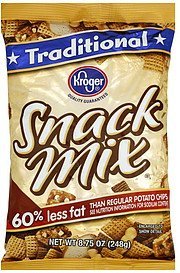
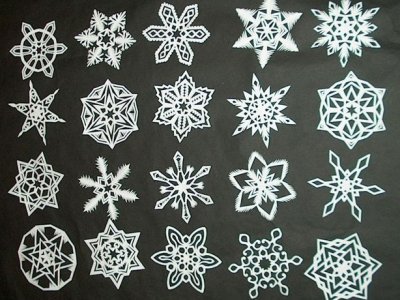
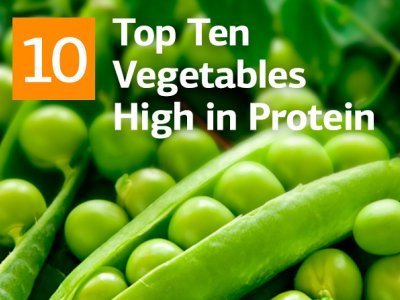

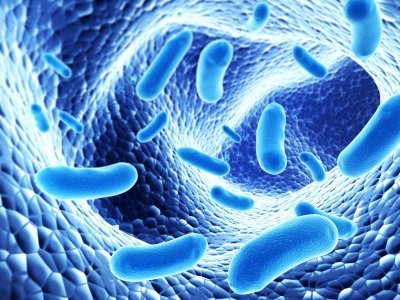









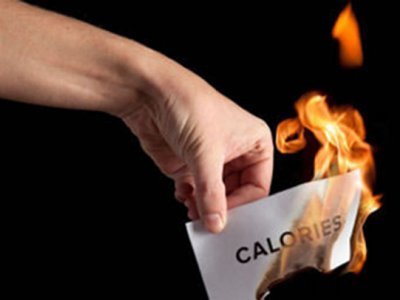
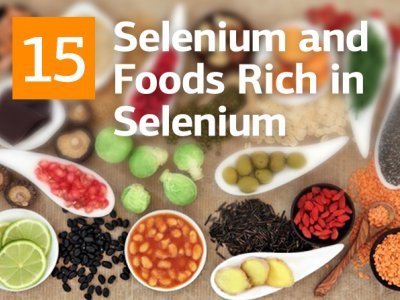
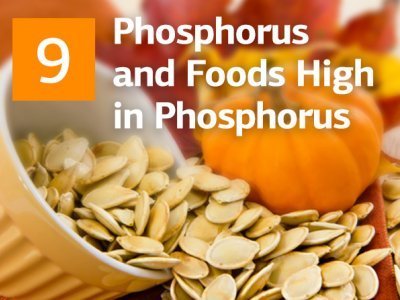
Add your comment